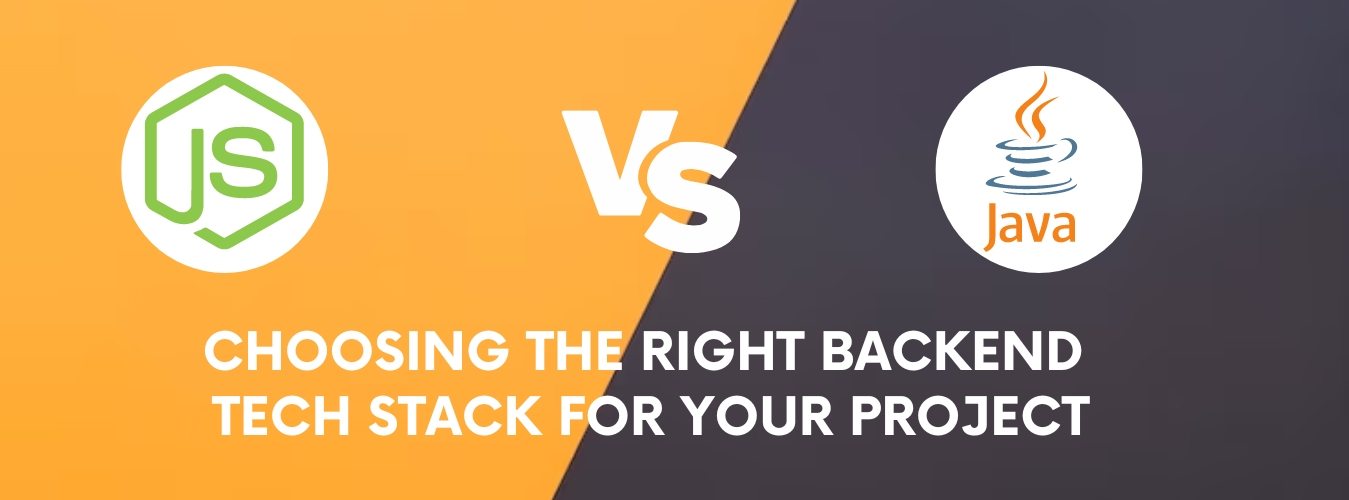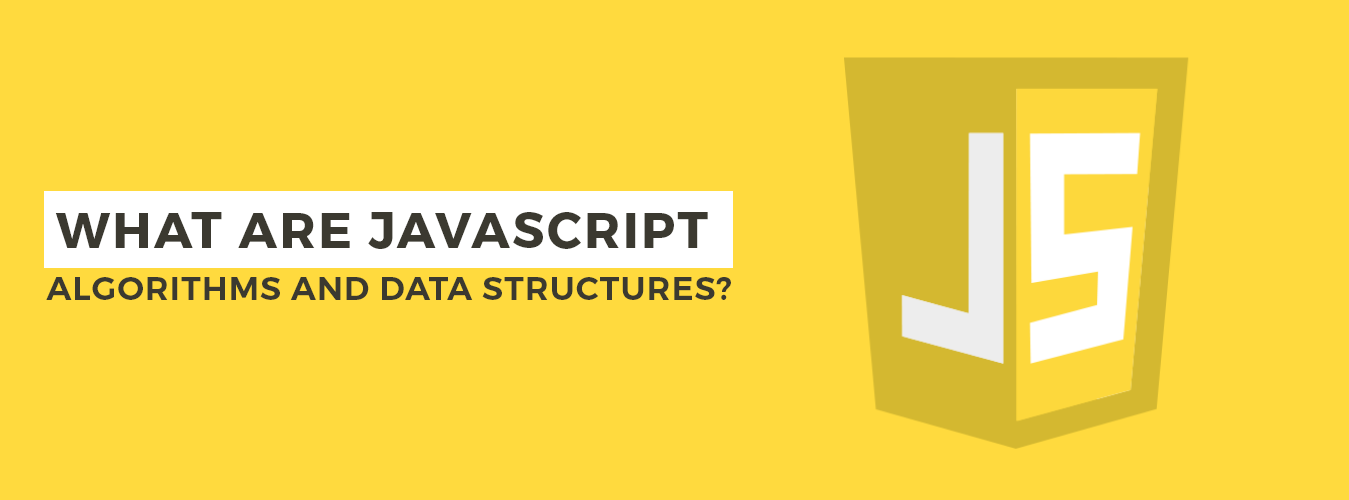Overview
Java and Node.js are two of the most widely used programming languages for backend development. Even if there may be continuous discussions regarding which is superior, the truth is that each has particular advantages and disadvantages. This guide will assist you in choosing the best option for your upcoming project, whether you want to employ a Node.JS developer or seek a professional Java development business.
This article will thoroughly compare Node.js vs Java performance if you’re constructing a complicated web or mobile app and aren’t sure which tech stack to choose. We’ll examine each in detail, highlighting the benefits and drawbacks so you can make an informed choice.
Crafting Your Ideal Mobile App/Experience Starts Here!
Ready to elevate your business? Your custom app is just a click away.
Yes Let’s goWhat is Node.JS?
According to the “JavaScript Everywhere” philosophy, both client- and server-oriented scripting may be accomplished using the same language, JavaScript. An open-source, cross-platform JavaScript runtime environment is Node.js. Node.js may link to third-party libraries written in other programming languages and carry out efficient interactions with input/output devices via API. As a result, using JavaScript in this manner makes it possible to use Node.js for both front-end and back-end development.
Android app development companies can use Node.js to build scalable mobile apps, real-time apps, chat apps, and embedded programming. Node.js developers can achieve exceptional performance during the run period thanks to its capability to compile JavaScript to native machine coding before execution. Asynchronicity is a feature of Node.js that allows it to handle requests independently of one another. This feature allows for the effective non-blocking execution of JavaScript code.
What is Java?
James Gosling created Java in 1995. It is a general-purpose, class-based, object-oriented language. With few implementation requirements and a “Write once, execute anywhere” concept, it is a network-centered language (WORA). This language’s flexibility and portability enable it to function on any machine or operating system. The initial release of Java was intended for the development of interactive television, and it quickly rose to become one of the most widely used programming languages globally.
Key characteristics of Node.js and Java
Scalability
Node.js is a powerful platform for creating scalable, traffic-resistant apps. Node.js utilizes a distributed method to increase efficiency and scalability. Thanks to an event-driven architecture and a non-blocking input and output system, it can handle numerous requests at once. Additionally, Node.js includes an event-loop system that enables the server to effectively handle a large number of requests, increasing scalability and effectiveness.
Java is a popular language for creating enterprise apps, well known for its excellent performance and scalability. Developers must follow the right procedures to achieve the best outcomes when increasing computing resources like RAM and CPUs. In addition to solutions for the single point of failure problem, Java provides some scaling choices, including vertical and horizontal scaling. Additionally, Java’s architecture is flexible and can be tailored to various application needs. Using external applications, Java may improve its scalability, which it may lack natively.
Performance
In terms of speed, Java is very quick. Is it faster than Node.js, though? No, is the response. Its use of compilers is mainly to blame for the main cause. Additionally, Java is well known for its trash collection feature, which has the potential to be both a benefit and a drawback. Node.js is a popular technology because of its no-buffering functionality. Simply by outputting the data in segments, Node.js speeds up the runtime. Consequently, Node.js is the clear victor in this competition.
Community
The Java community offers reliable and consistent help for any challenging questions or problems. A large group is typically used to describe regular updates, bug fixes, upgrades, and innovations. Java is the winner because it is among the top 3 programming languages active software developers use.
Without question, Nodejs has a strong and supportive community. Nodejs’ frameworks, libraries, and tools are used by 51.4% of professional android app development companies, according to the Stack Overflow study. The Nodejs community has benefited from substantial contributions from tech heavyweights like Amazon, Facebook, and Google, strengthening its reputation.
Thread Control
We can build an application in Java and run up to 8 threads within it. You can distribute the load because there is tighter interaction with the OS. Tomcat is one of the well-known Java web servers. There, it is evident that new threads are initiated in response to user requests. The event loop will be executed after the request for a node comes, is processed, and sent back, after which the subsequent request will be made. It will also be picked up because we are not waiting for the findings of the first test. All is well if the demands are simple. However, if there is even one instance of a heavy computation, the node terminates, and a timeout happens.
You only need to compose a few lines of code in a node to create a primary web server. There will undoubtedly be notifications, authorizations, logging, and other features for greater usefulness. Although it is more challenging to execute, there are JS frameworks that let you deal with these problems. Thanks to the concurrency API, which has been developed as an API, you can deal with competing streams in Java. However, one of the concurrency issues is that it is a fairly complex concept that not every developer fully knows to be able to implement it. The node’s specialty is the web REST API, which is occasionally utilized. But Java is still preferable when working with complicated calculations.
Conclusion
Which program is superior in this Node.js vs Java comparison, then? It all depends on what you need. The server-side application development framework Node.js is an excellent option. Java is a perfect option if you require a general-purpose language that can be used for various tasks. Choose Node.js if you want quickness and effectiveness. Java is a good option if you need a more adaptable language. Both Node.js and Java have distinctive parts, libraries, and communities, making it easier for experts and beginners to create apps. Java is ideal for trading and web apps, whereas Node.js is preferred for streaming, big data projects, and real-time applications. To determine what best fits their unique business needs, organizations must clearly grasp when and where to use them.
Crafting Your Ideal Mobile App/Experience Starts Here!
Ready to elevate your business? Your custom app is just a click away.
Yes Let’s go








